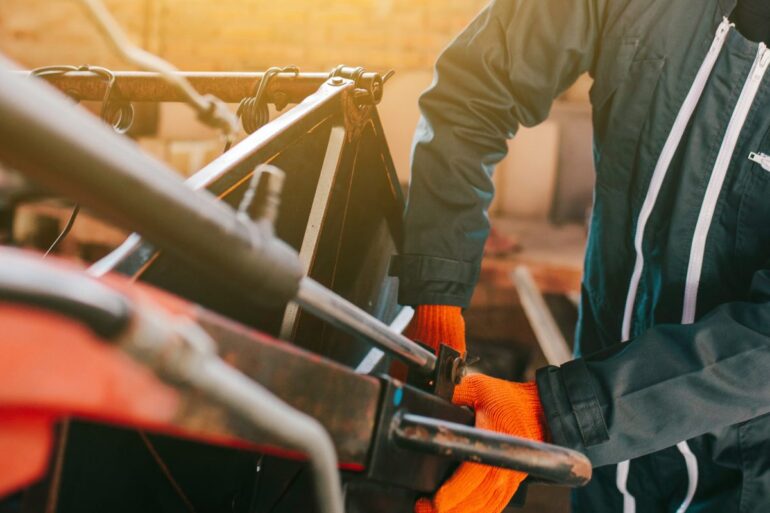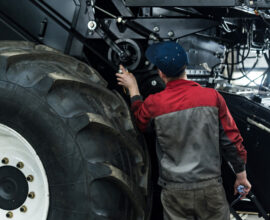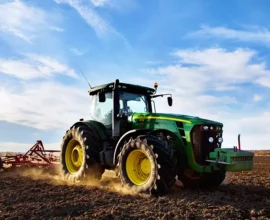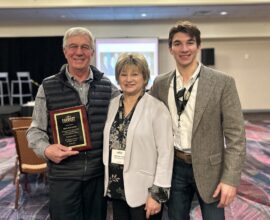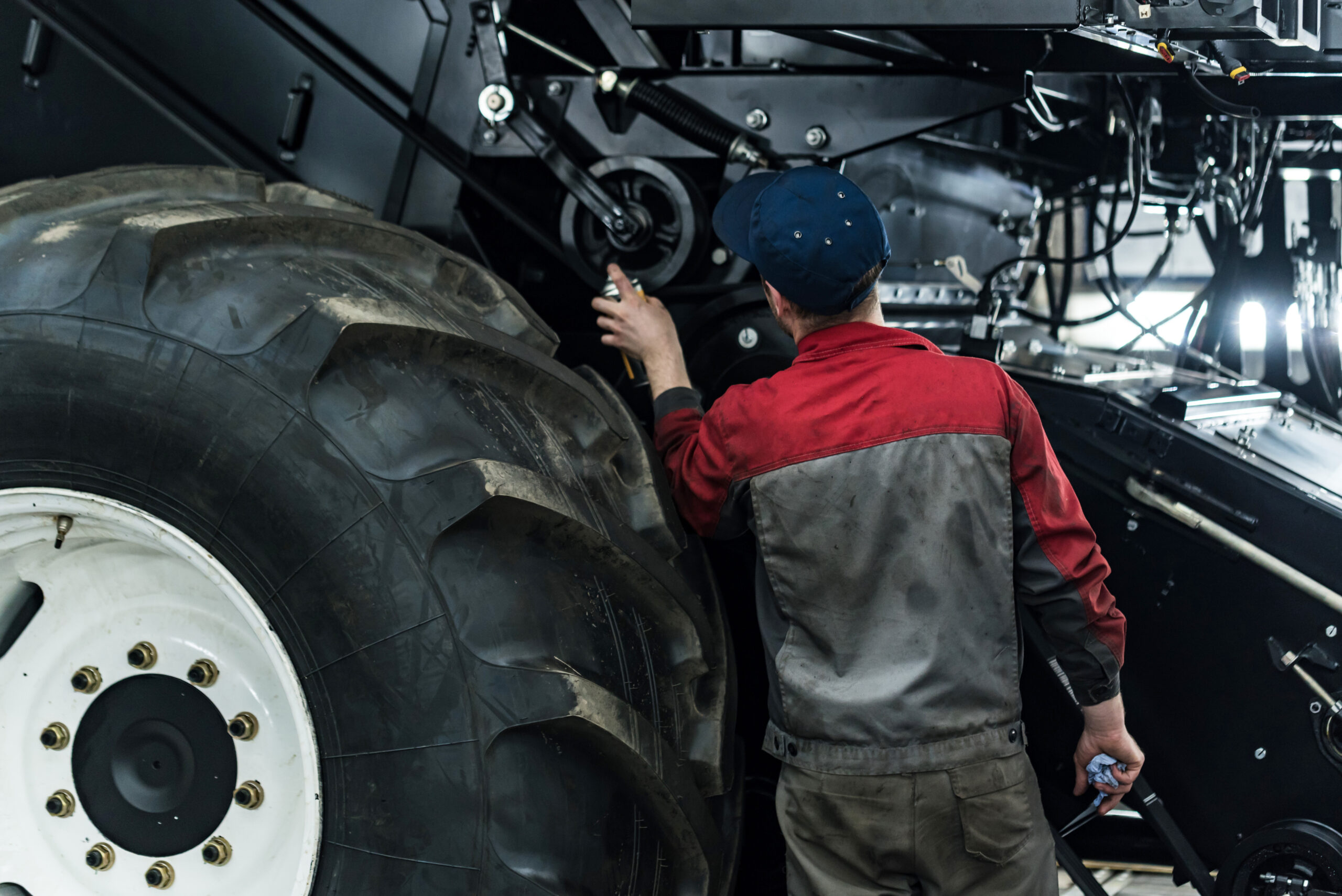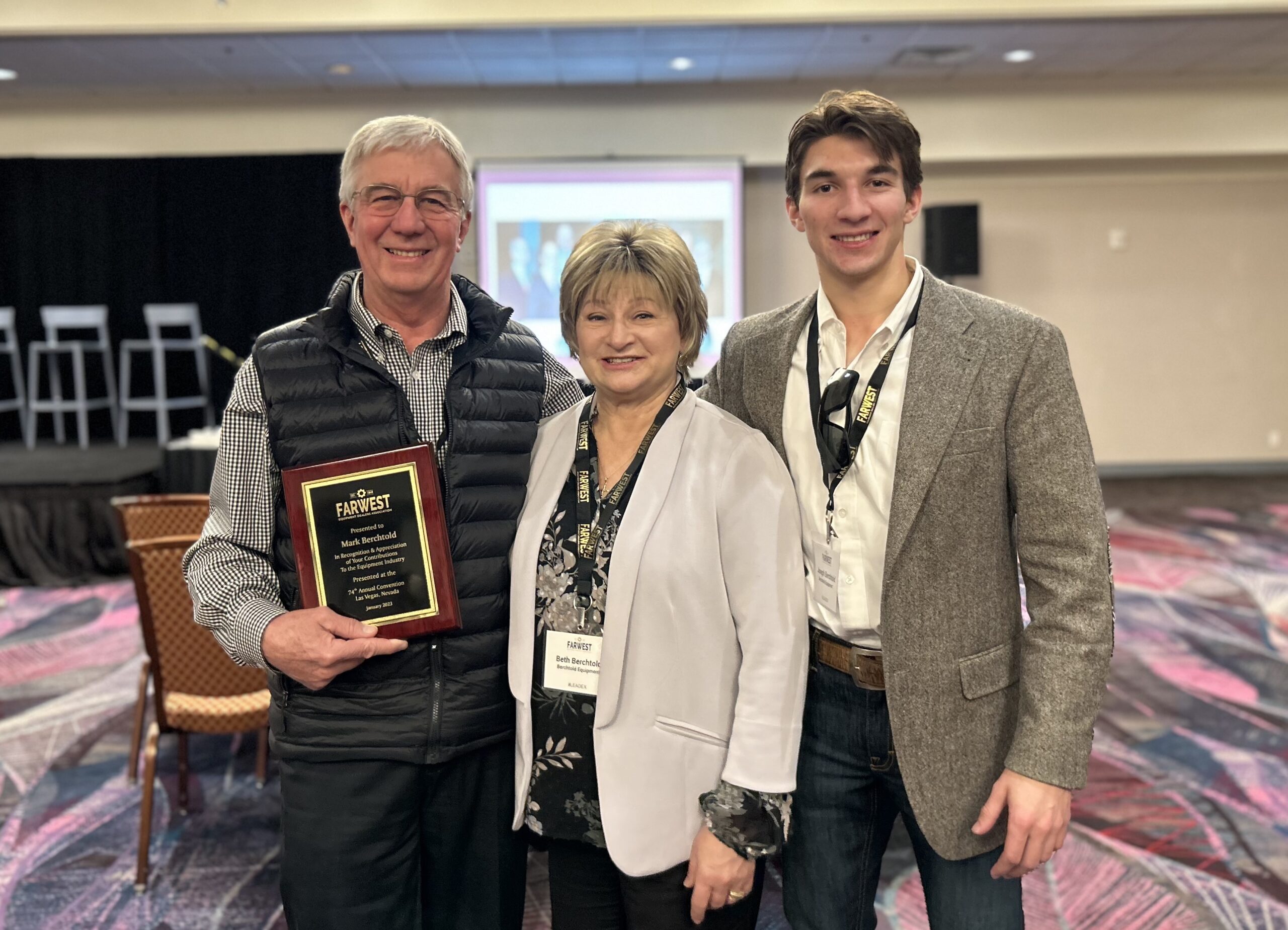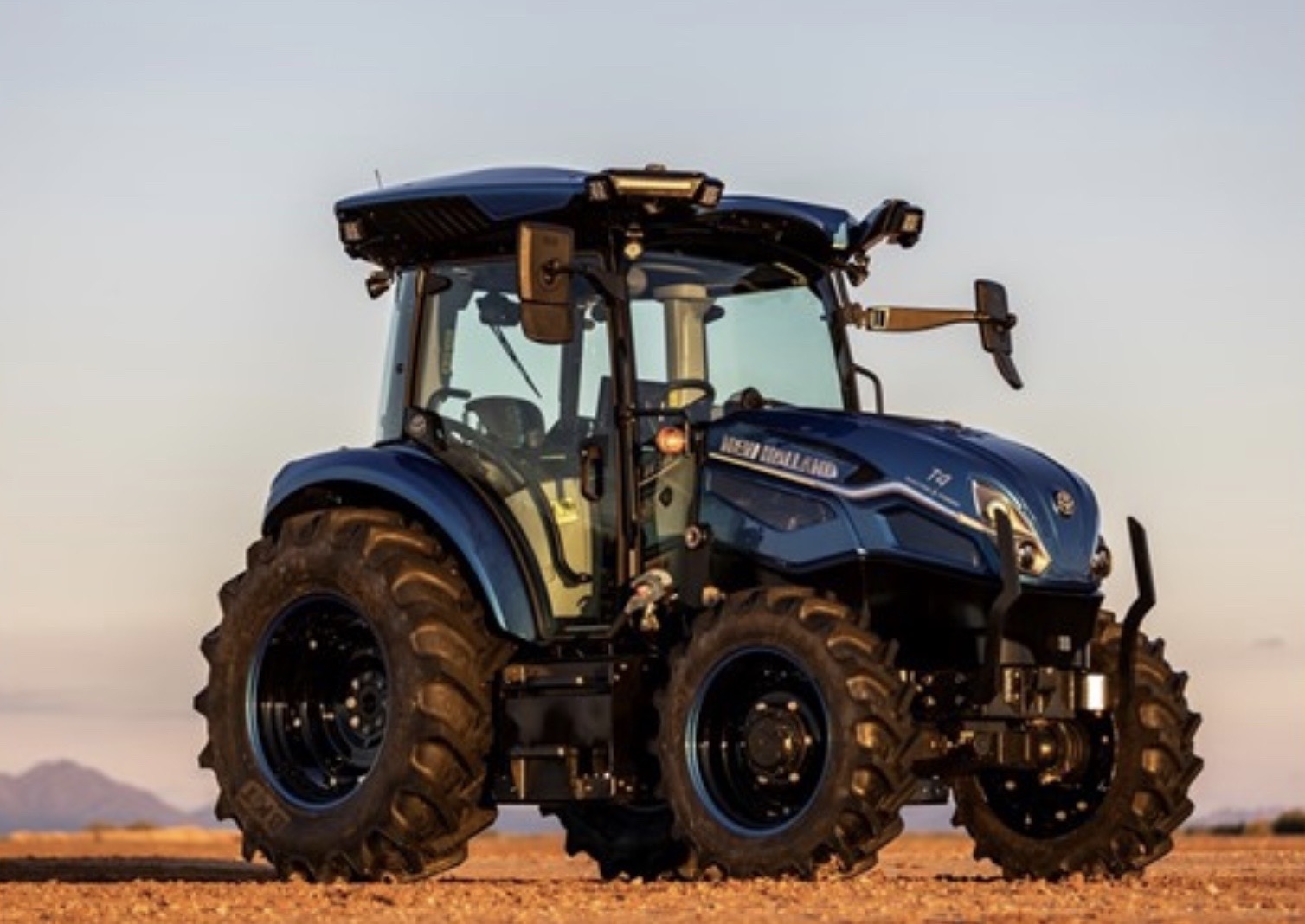By Joani Woelfel
Tinkering with tractors has taken on new life in the era of technology. Increased productivity and reduced downtime replace the simplicity of hands-on repairs. This evolution brought about by technology sparked the heated debate over a customer’s right to repair equipment taking the country by storm. The consequences of its impact — modifying the way machinery operates — is a widespread concern in the equipment industry, with consumers paying the highest price.
Modern machinery equipped with Engine Control Units (ECUs) and Diesel Exhaust Fluid (DEF) systems is programmed to comply with state and federal safety and emissions standards.
Proponents of “right-to-repair” legislation are demanding access to this embedded software code, arguing equipment owners should be able to manipulate machinery as they see fit. Manufacturers counter that the only purpose served by access to embedded software code would alter engine performance and emissions controls outside the standards.
Tuning and “chipping” services on the market now override these systems by adjusting software settings to increase horsepower and torque, and by removing emissions controls. Companies that offer these services claim they are perfectly legitimate.
The EPA says otherwise:
- Motor vehicle engines and off-road vehicles and engines must meet Clean Air Act standards, which apply to cars, trucks, buses, recreational vehicles and engines, generators, farm and construction machines, lawn and garden equipment, marine engines and locomotives.
- It is a violation of the Clean Air Act to manufacture, sell or install a part for a motor vehicle that bypasses, defeats, or renders inoperative any emission control device.
- The Clean Air Act prohibits anyone from tampering with an emission control device on a motor vehicle by removing it or making it inoperable prior to or after the sale or delivery to the buyer.
Chipping tractors changes the fuel injection duration and width without changing the common fuel rail pressure. By adding fuel, this chip gives the machine up to an additional 20 percent power and torque, which puts unintended strain on other components like the transmission, final drives, seals, etc. Ultimately, adding unintended horsepower will find the weakest point; maybe not immediately, but eventually it will.
Similar to chipping, altering horsepower and emissions by other means including reprogramming software and the ECU causes extreme risk to the original customer, the secondary customer and the dealer. Reprogramming the ECU can accomplish the same result as installing a chip, but sometimes extends beyond the 20-percent change. Through reprogramming, users can also bypass emissions controls that are required by federal law to be installed and working on modern engines. Companies that are regularly reprogramming ECUs through pirated software save the original settings so they can reprogram it back if the customer has a major failure and doesn’t want to jeopardize the warranty coverage, or if the customer desires to trade it in.
Those who provide this service and the customer recognize the risks created (legal and component failure) so they commonly save the OEM settings for this reason. Unfortunately, the secondary customer and the dealer take on 100 percent of the risk once the machine is traded in because they never know whether a machine has been chipped or reprogrammed.
“As a dealer, we cannot determine whether a tractor has been chipped and represent this trade-in machine to the rest of the market as a normal tractor that has been operated with the original manufacturer’s engineered specifications,” says Terry Gass, district manager and marketing vice president of 21st Century Equipment with locations in Nebraska, Wyoming and Colorado. “Likewise, the secondary customer who purchases that machine is doing so assuming the same.”
If that customer has a major failure after unknowingly purchasing a tractor that’s been chipped, they are many times faced with a large, unexpected repair bill, Gass said. “Equipment dealers today have survived and grown by standing behind what they sell. Even if they unknowingly sold a tractor that had been chipped, and it consequently had a major failure shortly after selling it, they assume the risk of major repair expense to protect their good reputation,” he said. The real burden of equipment alterations is ultimately borne by consumers. Although it’s hard to know, if it’s determined that a tractor has been chipped or reprogrammed to increase horsepower or bypass emissions, much of the manufacturer warranty is voided, Gass said.
Engine components, transmissions and final drives can fail if they aren’t engineered to accept high levels of horsepower or torque. And the cost is high. Gass estimates repairing a 9.0-liter engine can reach $40,000; a final drive failure is roughly a $15,000 repair; and an IVT Transmission repair is estimated at $50,000. Subsequent issues caused by these failures can drive these costs even higher, and unfortunately, it’s typically the dealer or the secondary customer who bears the brunt of these costly failures, he said. Additionally, all machines are engineered with an expected life-cycle. During the engineering process, the horsepower created by the engine is matched by the drivetrain and all other components of the machine, so if parts are pushed beyond their capability, life-cycle diminishes.
The EPA is ramping up enforcement of its standards with several companies facing the consequences of violating mandates. The agency also announced a focused initiative to stop aftermarket defeat devices.
Joani Woelfel is president and CEO of Far West Equipment Dealers Association, a nonprofit trade group representing agricultural, industrial, material handling, hardware, lumber, outdoor power and rental equipment dealers in Arizona, California, Colorado, Hawaii, Nevada, Utah and Wyoming. This comprises nearly 300 equipment dealerships across seven states whose contributions serve to enhance a healthy economy.

